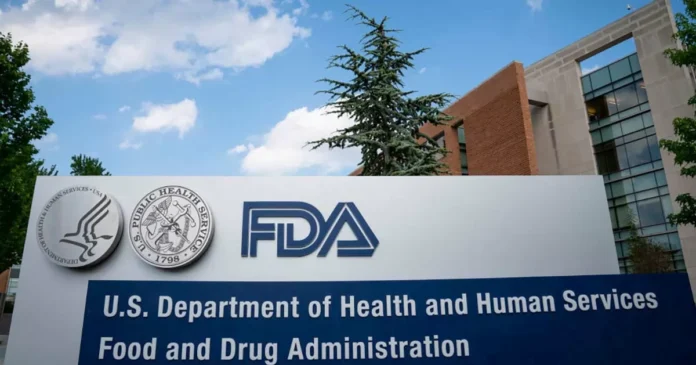In a landmark decision, a federal judge has ruled that the Food and Drug Administration (FDA) overstepped its authority by regulating Laboratory Developed Tests (LDTs) as medical devices. The ruling overturns the FDA’s previous rule and remands it to the Secretary of Health and Human Services (HHS) for review. This decision has significant implications for the healthcare industry and has been met with both praise and criticism.
LDTs are diagnostic tests that are developed and performed by laboratories, often for rare or complex diseases. These tests are not commercially available and are not subject to FDA approval. However, in 2014, the FDA announced its intention to regulate LDTs as medical devices, citing concerns about the accuracy and reliability of these tests.
The FDA’s rule would have required laboratories to submit their LDTs for FDA review and approval, similar to other medical devices. This sparked a heated debate within the healthcare community, with some arguing that the FDA’s oversight would ensure the safety and effectiveness of LDTs, while others argued that it would stifle innovation and increase costs.
In his ruling, the federal judge stated that the FDA’s regulation of LDTs was beyond its statutory authority. He noted that the FDA’s role is to regulate medical devices that are commercially distributed, and LDTs do not fall under this category. The judge also stated that the FDA’s rule would have a significant impact on the practice of medicine and should have been subject to notice and comment rulemaking, which it was not.
The decision has been met with praise from the laboratory community, who argued that the FDA’s regulation would have imposed unnecessary burdens and hindered patient access to vital tests. The American Clinical Laboratory Association (ACLA) hailed the ruling as a victory for patients and innovation in the field of laboratory testing.
On the other hand, some healthcare professionals and patient advocacy groups have expressed concern about the lack of FDA oversight for LDTs. They argue that without FDA regulation, there is no guarantee of the accuracy and reliability of these tests, which could potentially harm patients.
The ruling has also raised questions about the role of the FDA in regulating other types of diagnostic tests, such as direct-to-consumer genetic tests. Some experts believe that this decision could set a precedent for the FDA’s authority in this area.
In response to the ruling, the FDA has stated that it is reviewing the decision and considering its next steps. The agency has also emphasized its commitment to protecting public health and ensuring the safety and effectiveness of medical devices, including LDTs.
The HHS Secretary, who will now be responsible for reviewing the FDA’s rule, has not yet commented on the ruling. It remains to be seen what changes, if any, will be made to the regulation of LDTs.
In conclusion, the federal judge’s ruling that the FDA overstepped its authority in regulating LDTs as medical devices has sparked a debate within the healthcare community. While some see it as a victory for innovation and patient access, others have expressed concerns about the lack of FDA oversight. As the HHS Secretary reviews the FDA’s rule, it is crucial to strike a balance between ensuring the safety and effectiveness of LDTs and promoting innovation in the field of laboratory testing.

